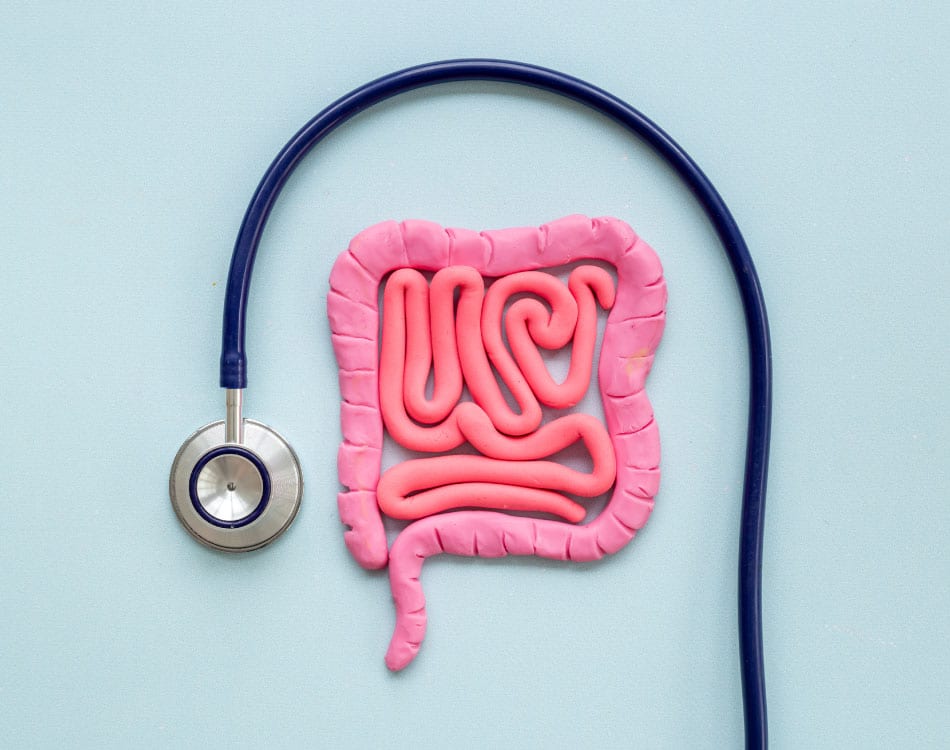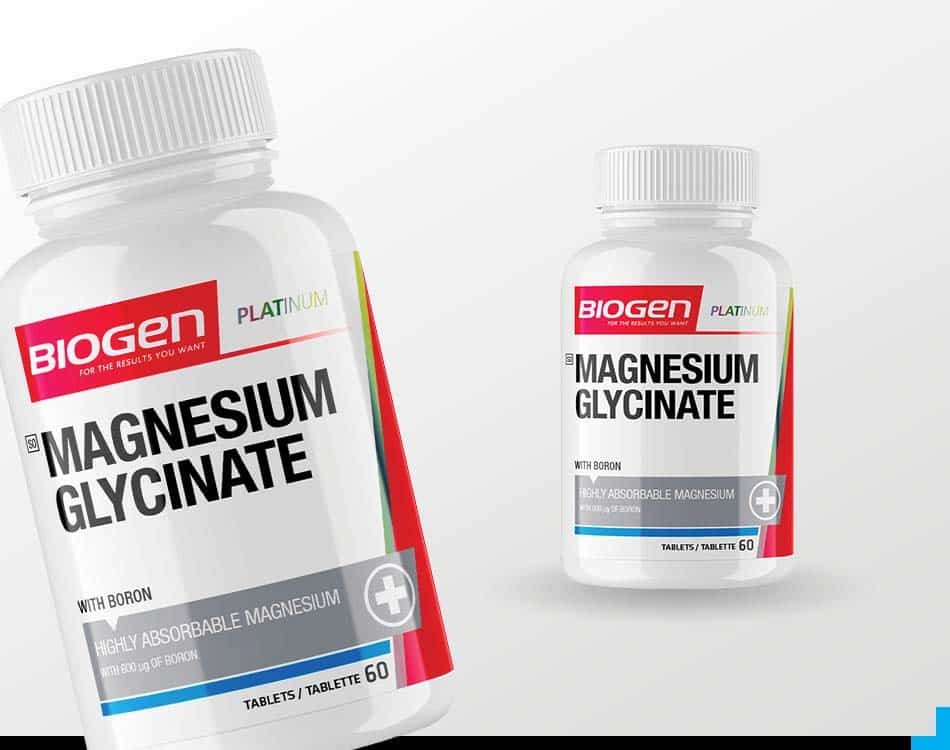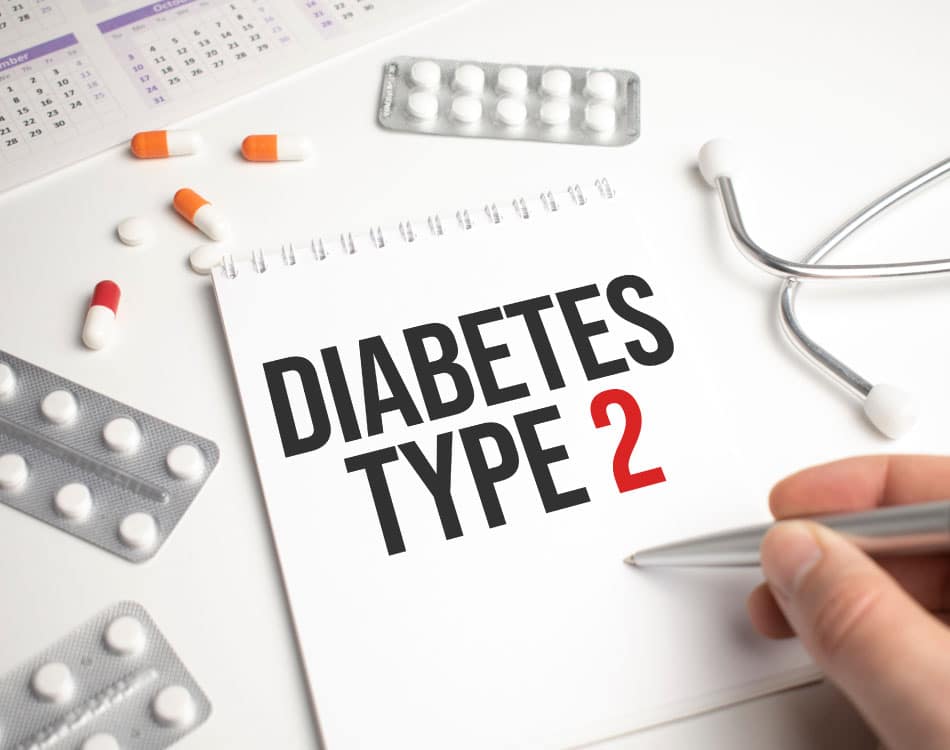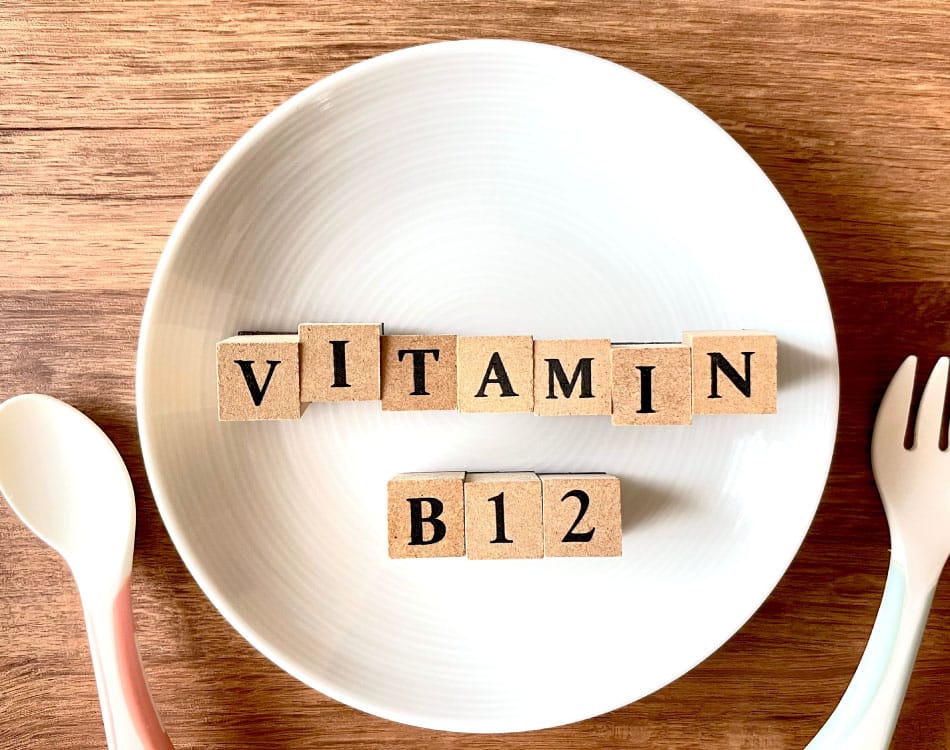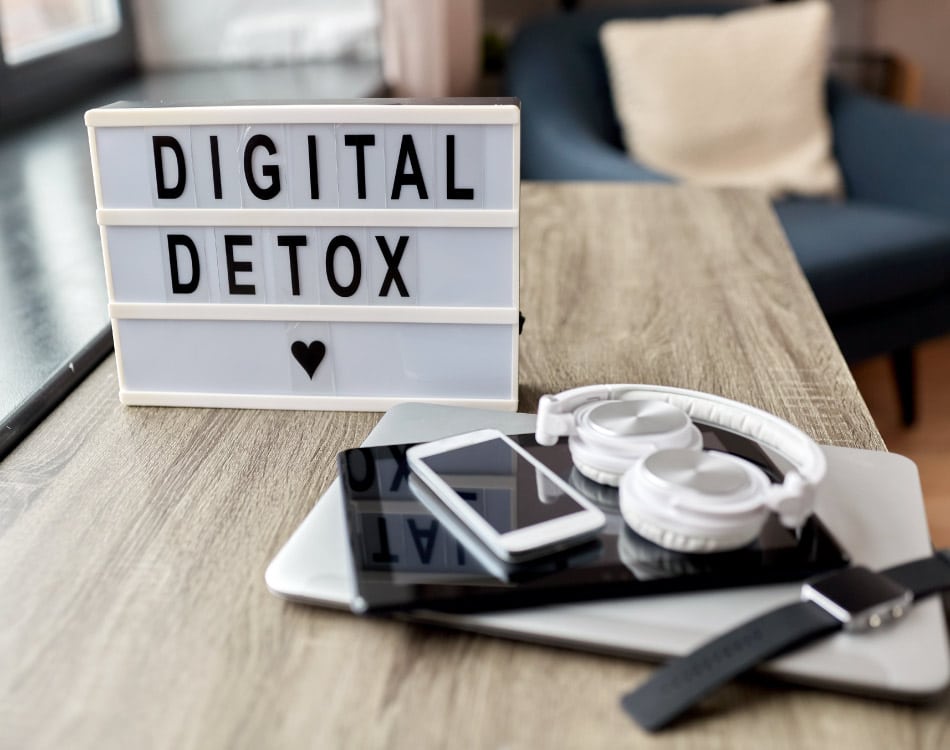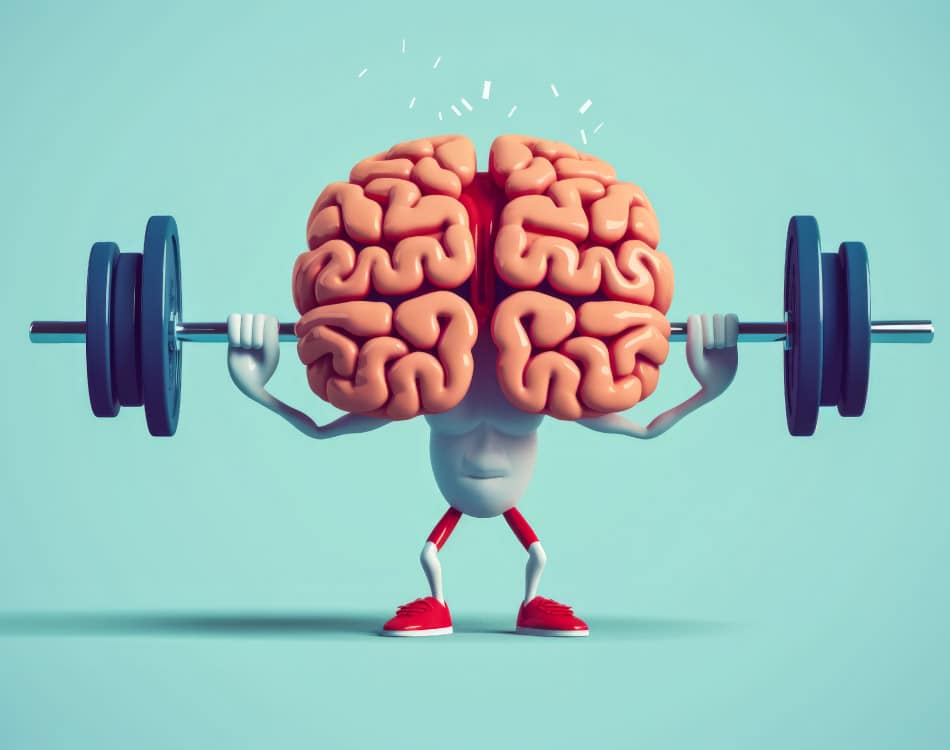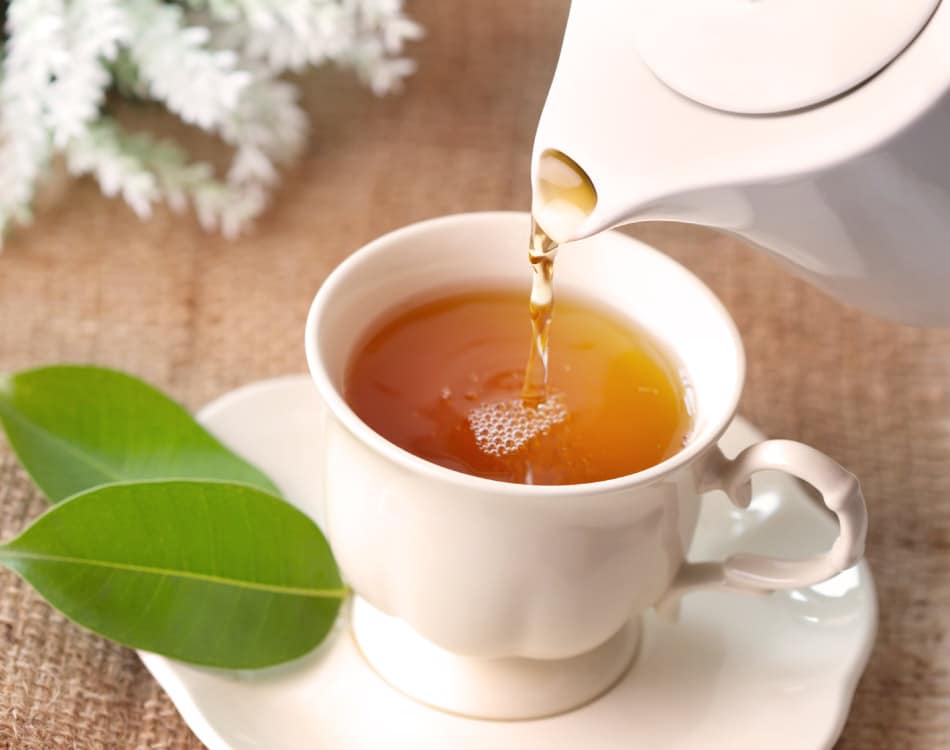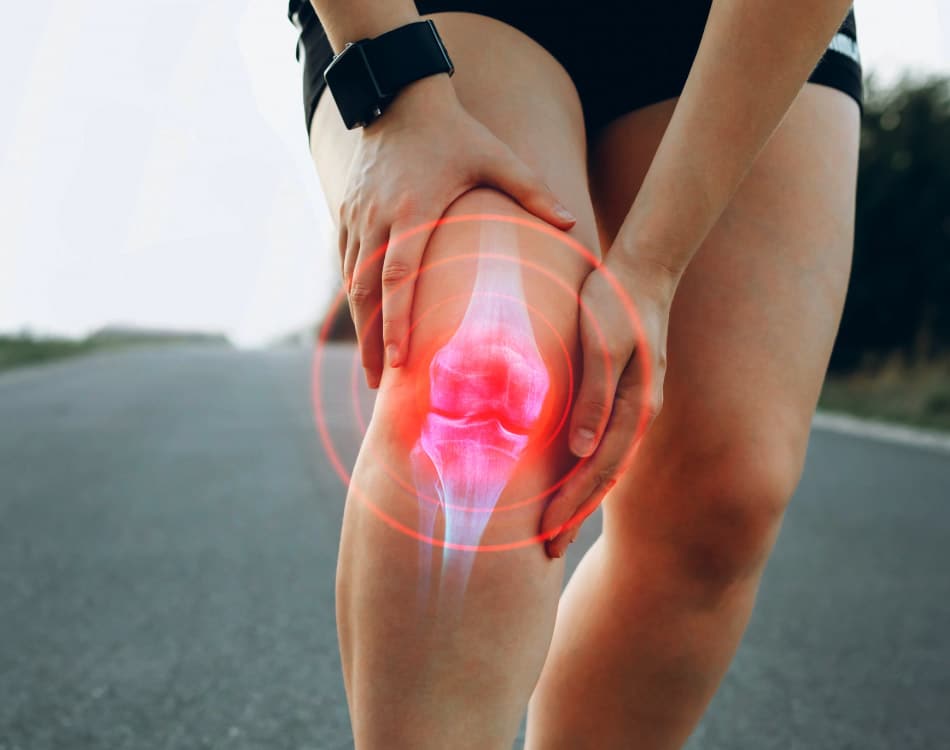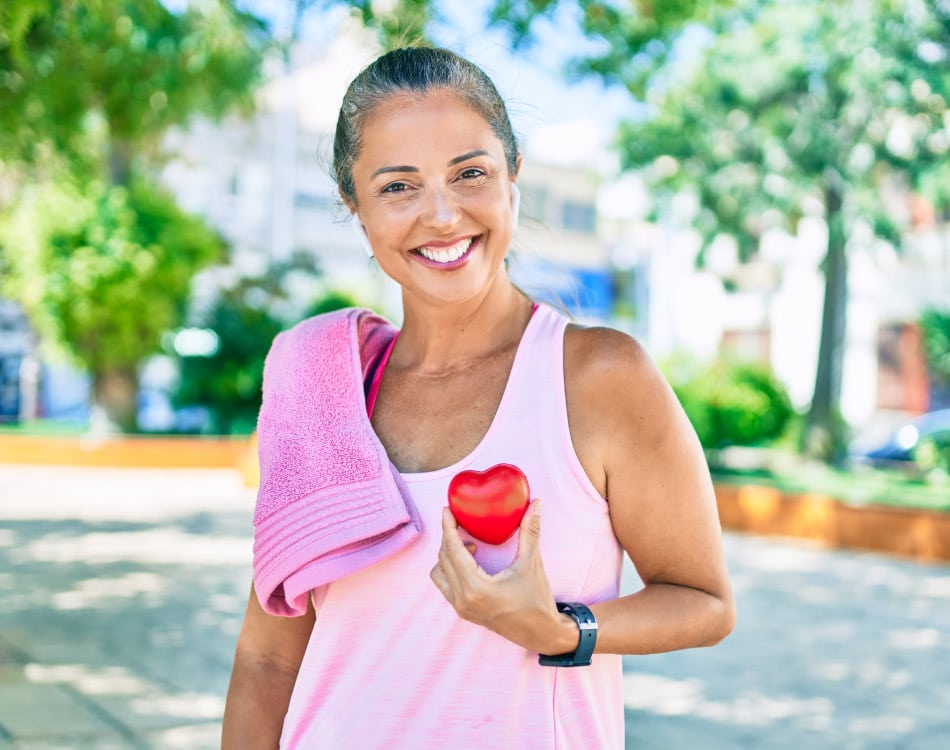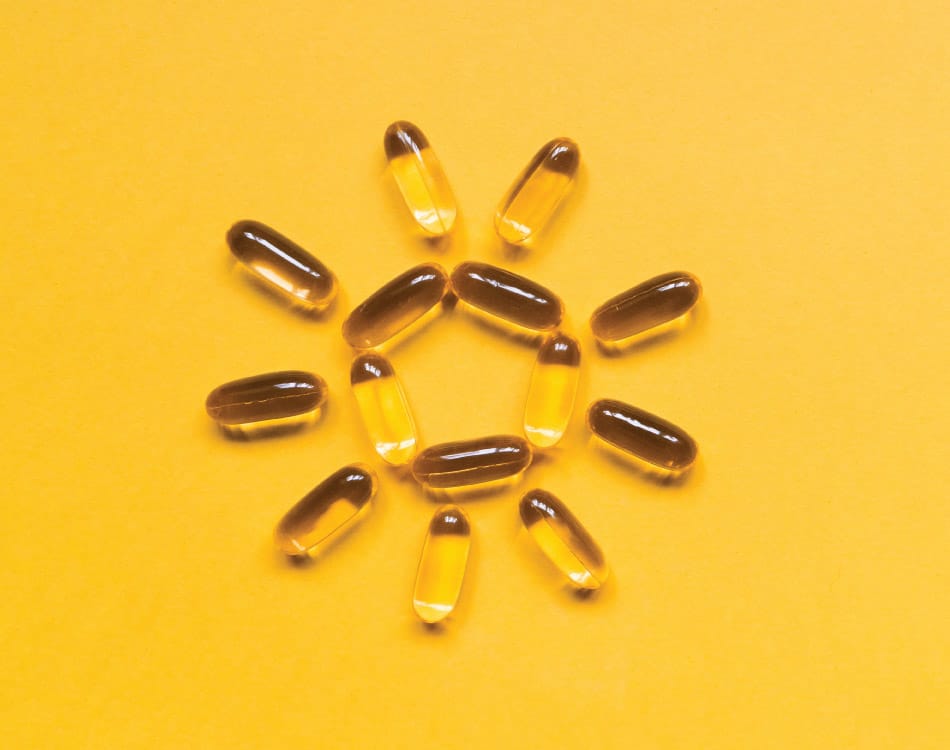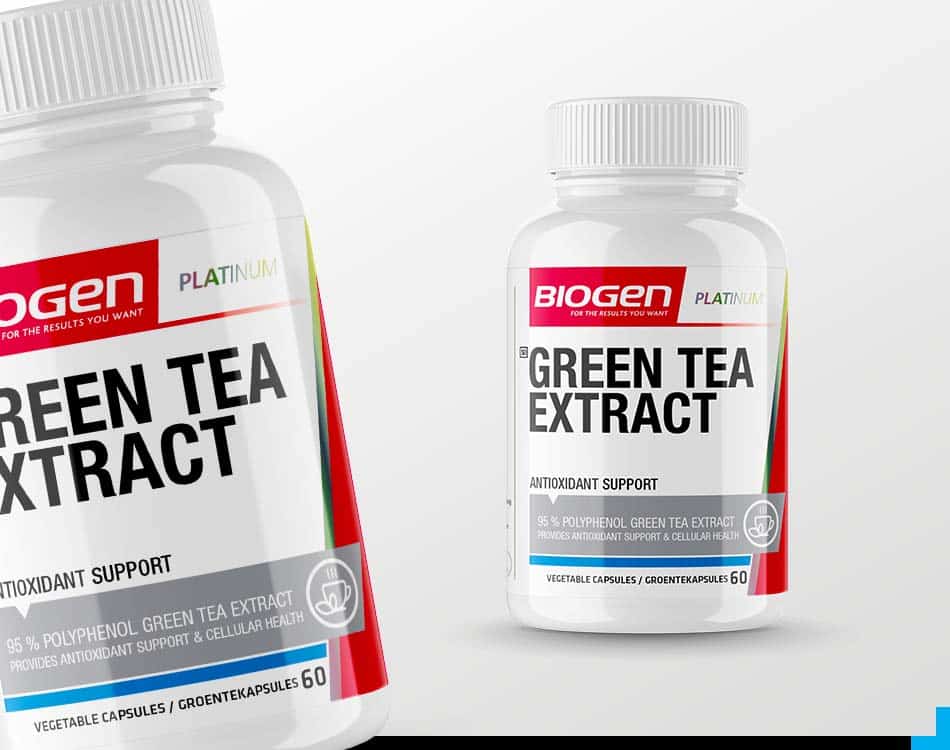A cheeky meme often shared among fitness-conscious social media users states that “sweat is just fat crying”.
While it’s true that a hard, calorie-busting workout will work up a serious sweat, this physiological response to physical activity (as well as heat and humidity) is more important than many people think.
READ MORE | These Potential Health Benefits Of Exercise Run More Than Skin Deep
Beyond exercise
Sweating is more than just an unwelcome by-product of exercise or a hot and humid day. It is actually vital to our health and ultimate survival.
First and foremost, the skin plays an important thermoregulatory role to control our body temperature.
The salty liquid that escapes from the pores in our skin comes from the millions of eccrine sweat glands located across the surface of our skin. The cooling happens when the sweat evaporates from our skin, which works to lower our core body temperature.
The resultant ability to perspire while chasing prey in hot environments enabled humans to adapt, survive, and become proficient hunter-gatherers. This ability now allows us to tackle extreme endurance feats, like running marathons and ultra-marathons or cycling for hours on end.
READ MORE | Don’t Water Down Your Performance: Optimise Hydration With These Supplements
Stimulated sweating
Sweating is also extremely therapeutic. Numerous cultures around the world have incorporated the practise into various traditions and spiritual rituals, some of which still happen today for the health and healing benefits. Examples include Scandinavian saunas, Celtic vapour baths, and North American sweat lodges.
And many people include stimulated sweating in saunas, steam rooms and hot baths in their recovery protocols after gym or training sessions, often coupled with ice bath immersions in a practice known as hot-cold contrasting.
This practice helps to improve circulation and aids lymph drainage and exercise metabolite removal.
READ MORE | Support Your Recovery After Training For Optimal Endurance Performance
Health benefits
Whatever your reason and your preferred method for getting your sweat on (obviously, exercise delivers many additional health benefits for your heart, lungs, body and mind), you will experience various health benefits.
One important benefit associated with regular sweating is better natural detoxification. The skin is technically the body’s largest elimination organ.
In fact, skin is often referred to as our ‘third kidney’ as the body will bring certain toxins to the skin’s surface for removal.
Acne breakouts, eczema, or rashes may indicate various health issues such as chronic systemic inflammation, toxin build-ups, food intolerances or allergies as the body works to remove these substances.
This process helps to support our main detoxification organs – the kidneys, liver and digestive tract – with this important process.
Research also shows that sweating can increase and maintain skin hydration which, when coupled with the detoxification process, can deliver that healthful glow so many people are after.
READ MORE | Sweat Science: How Conventional Thinking Around Optimal Hydration Is Shifting
Better heart function
Stimulated sweating offers proven cardiovascular benefits, too. For example, a 20-year Finnish study published in Jama Internal Medicine found that regular sauna sessions – up to four a week – helped to lower the risk of sudden cardiac death, coronary heart disease, cardiovascular disease, and all-cause mortality among participants.
And a different study revealed that as little as 30 minutes in the sauna could help to decrease blood pressure.
In addition, by eliminating salts (electrolytes) including sodium, potassium, calcium and magnesium through our sweat, regular perspiration helps to take some of the load off our kidneys. This process may help to reduce the risk of kidney stones.
Medical researchers are even exploring potential applications for using stimulated sweating to correct electrolyte imbalances that can cause cardiovascular events such as heart failure, and kidney disease.


